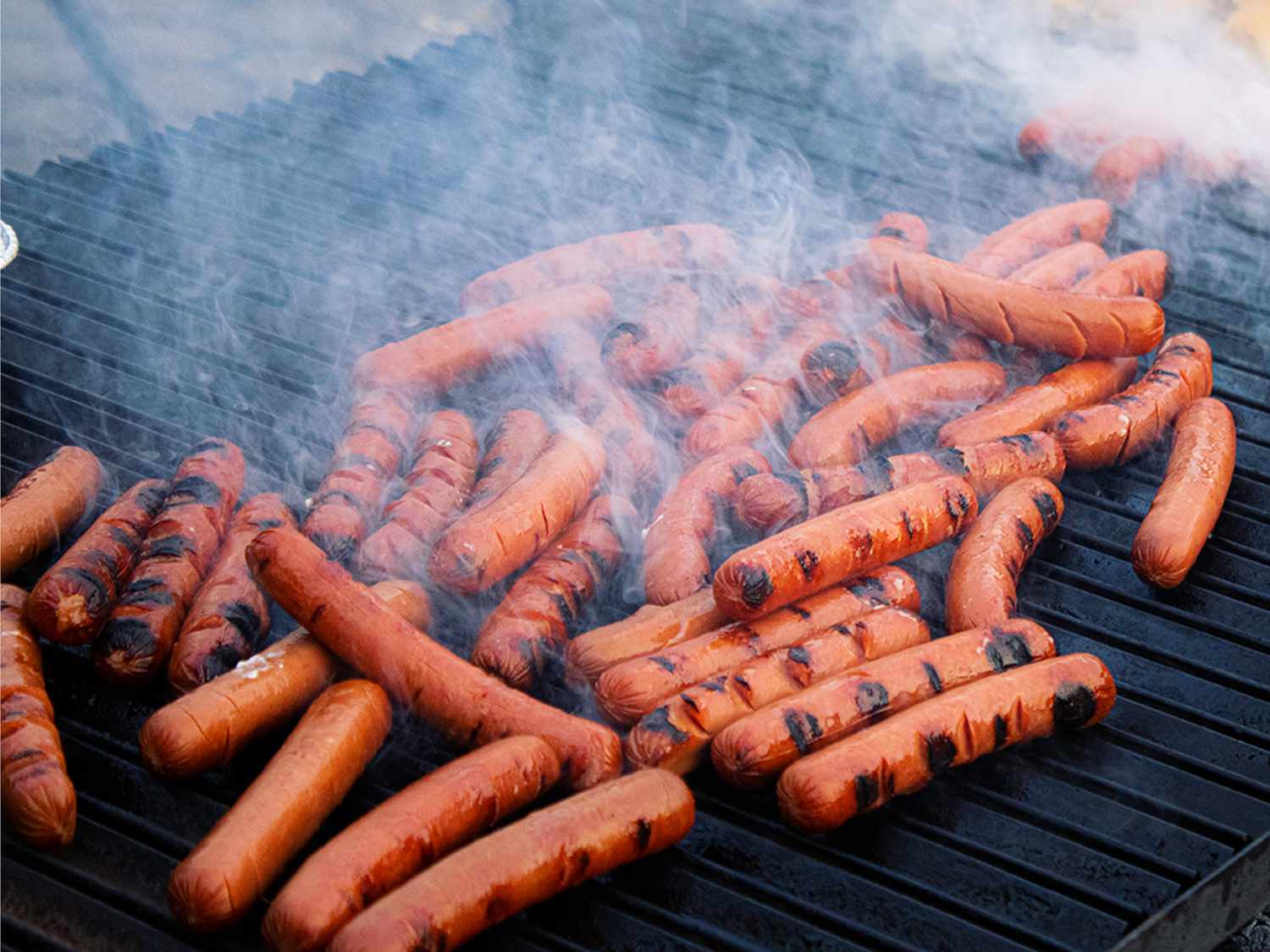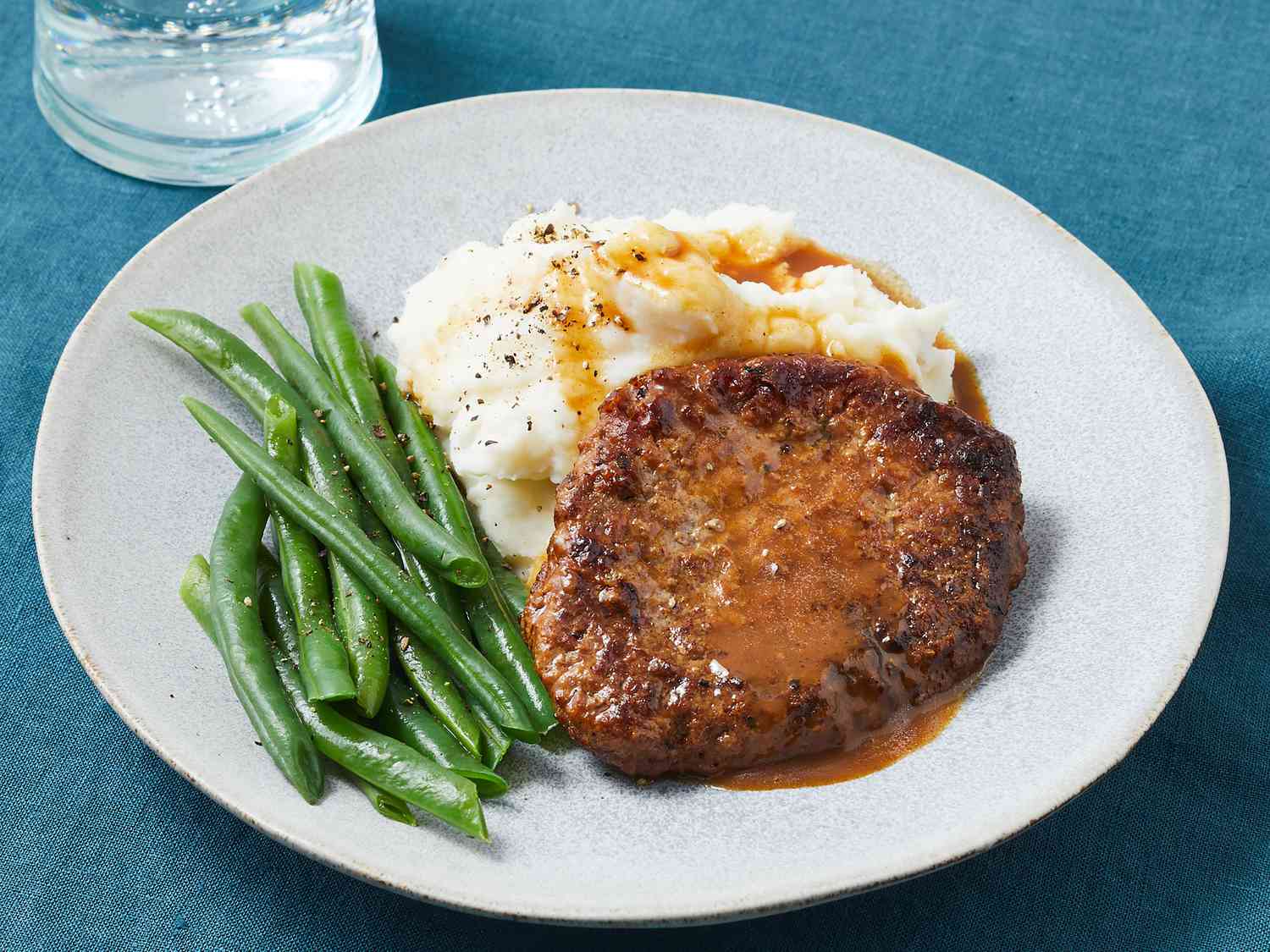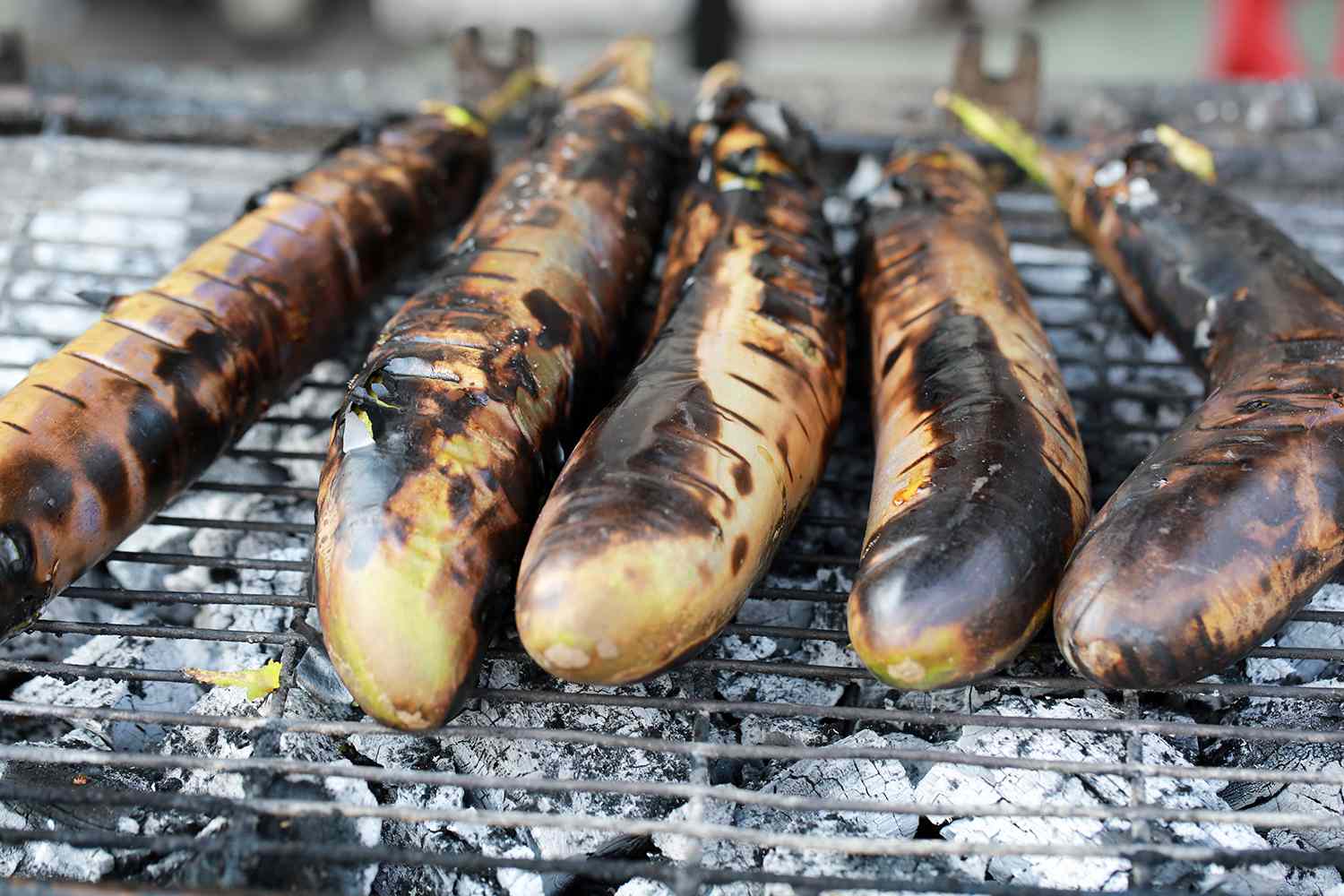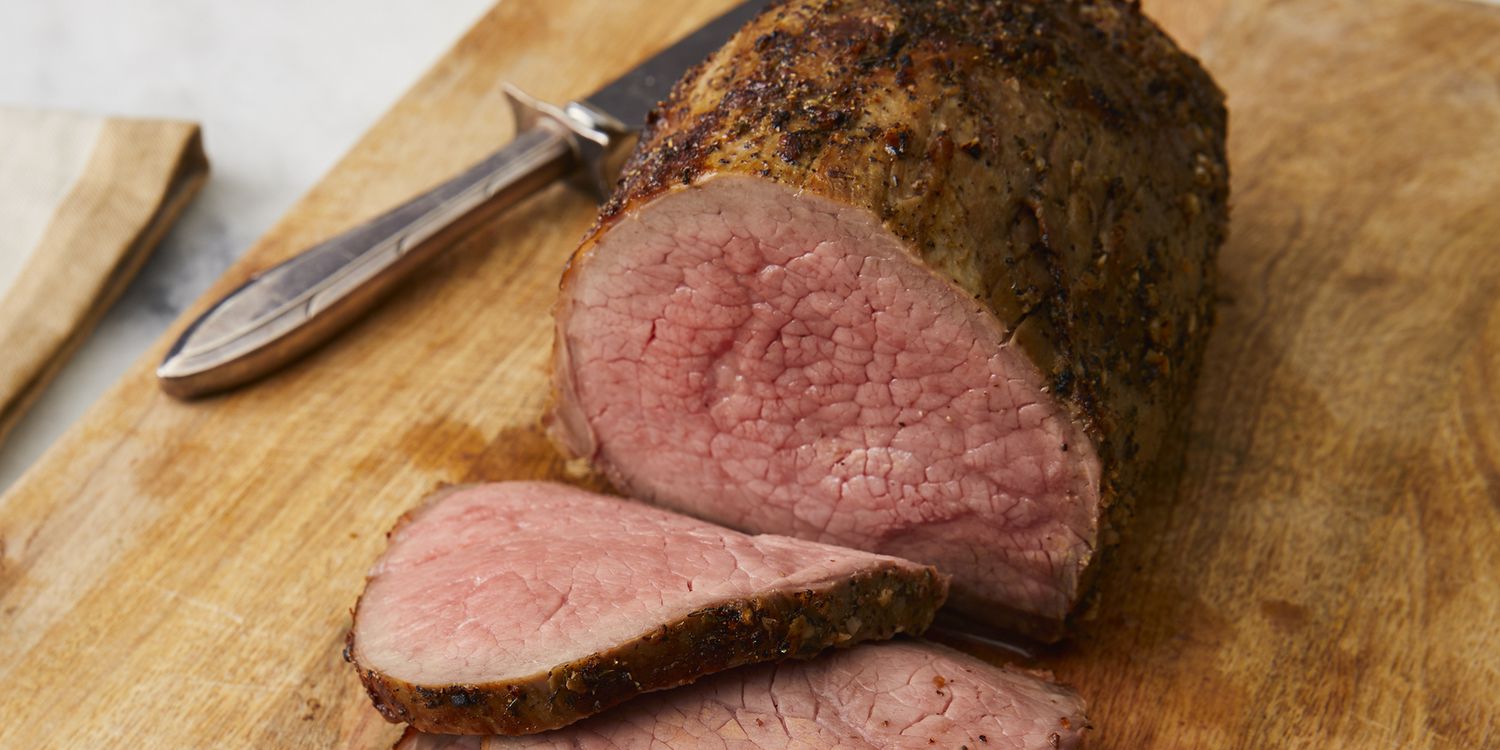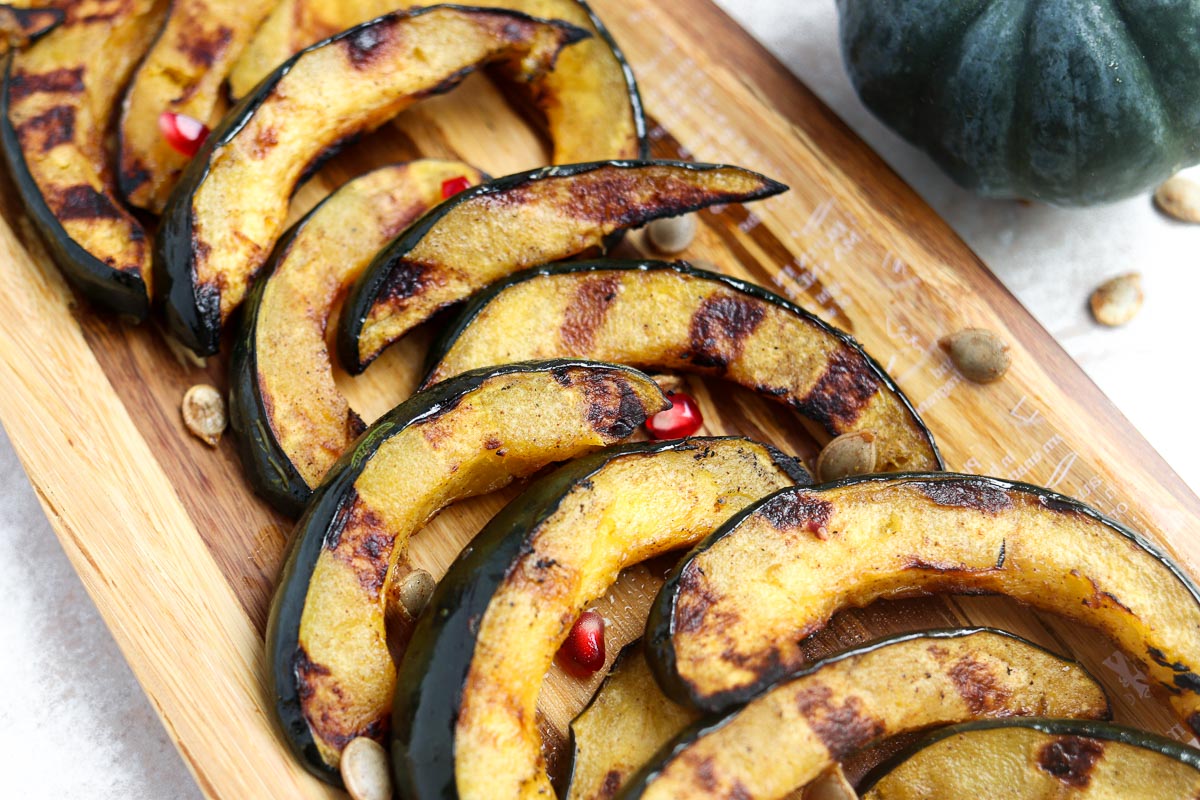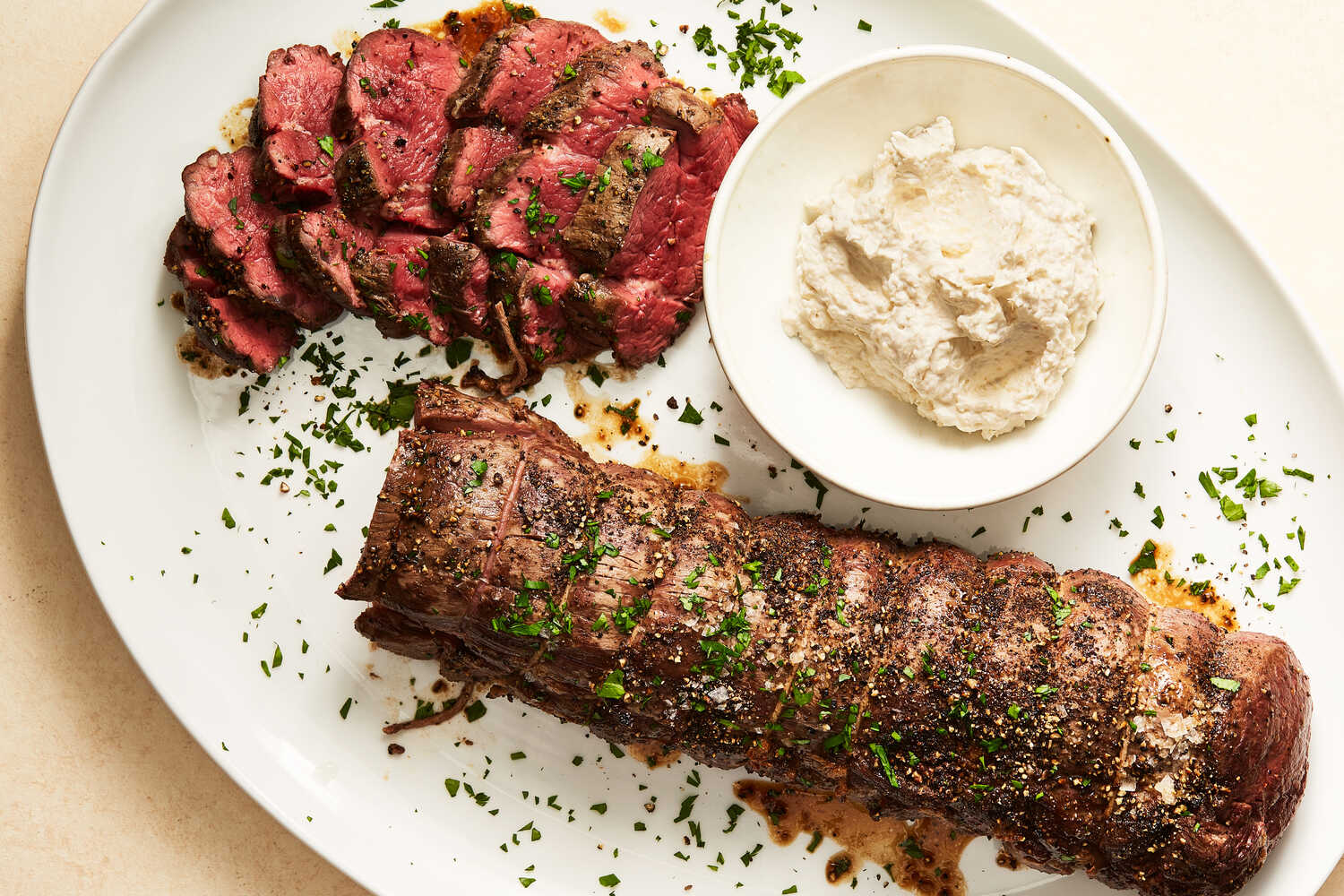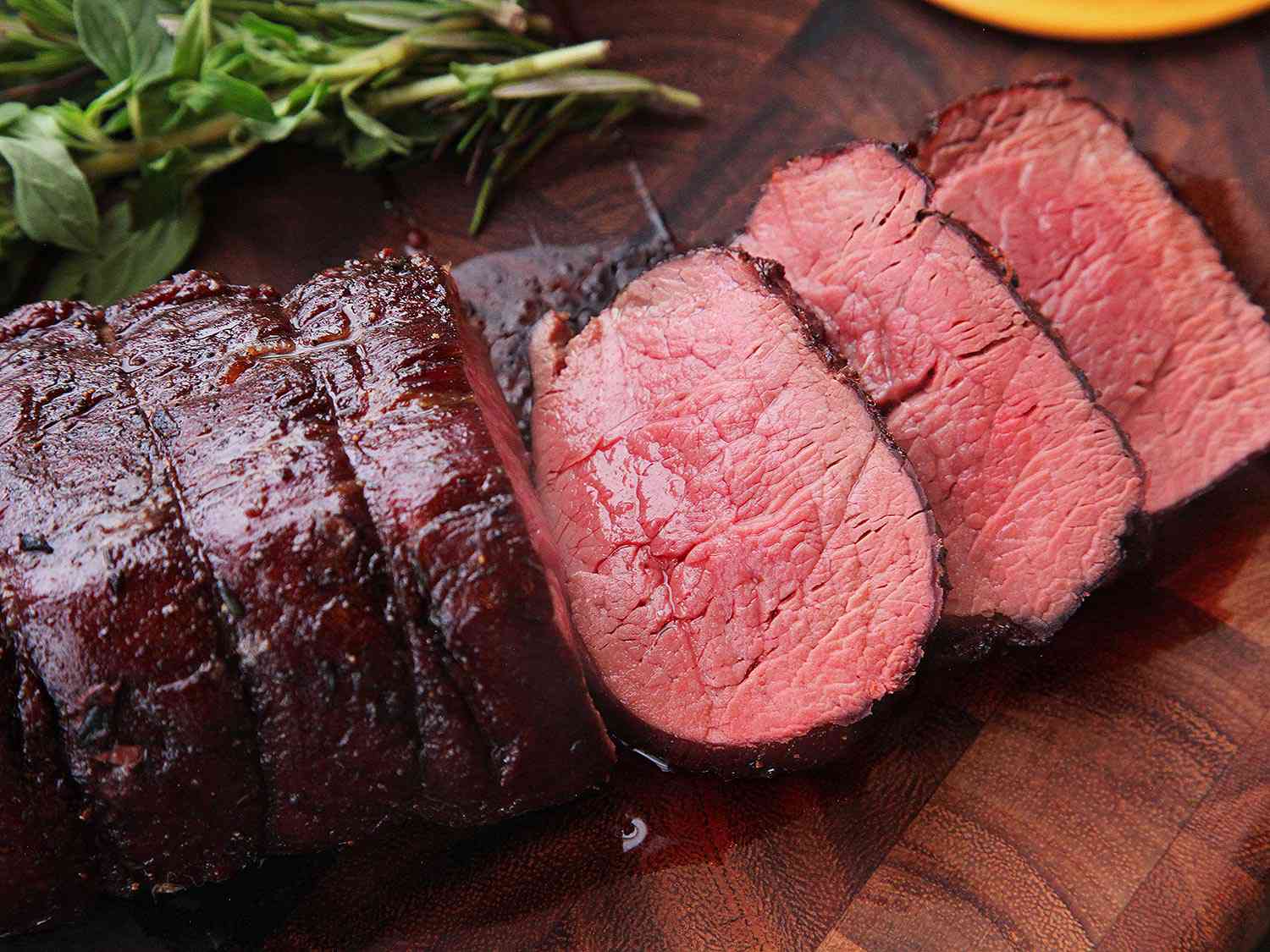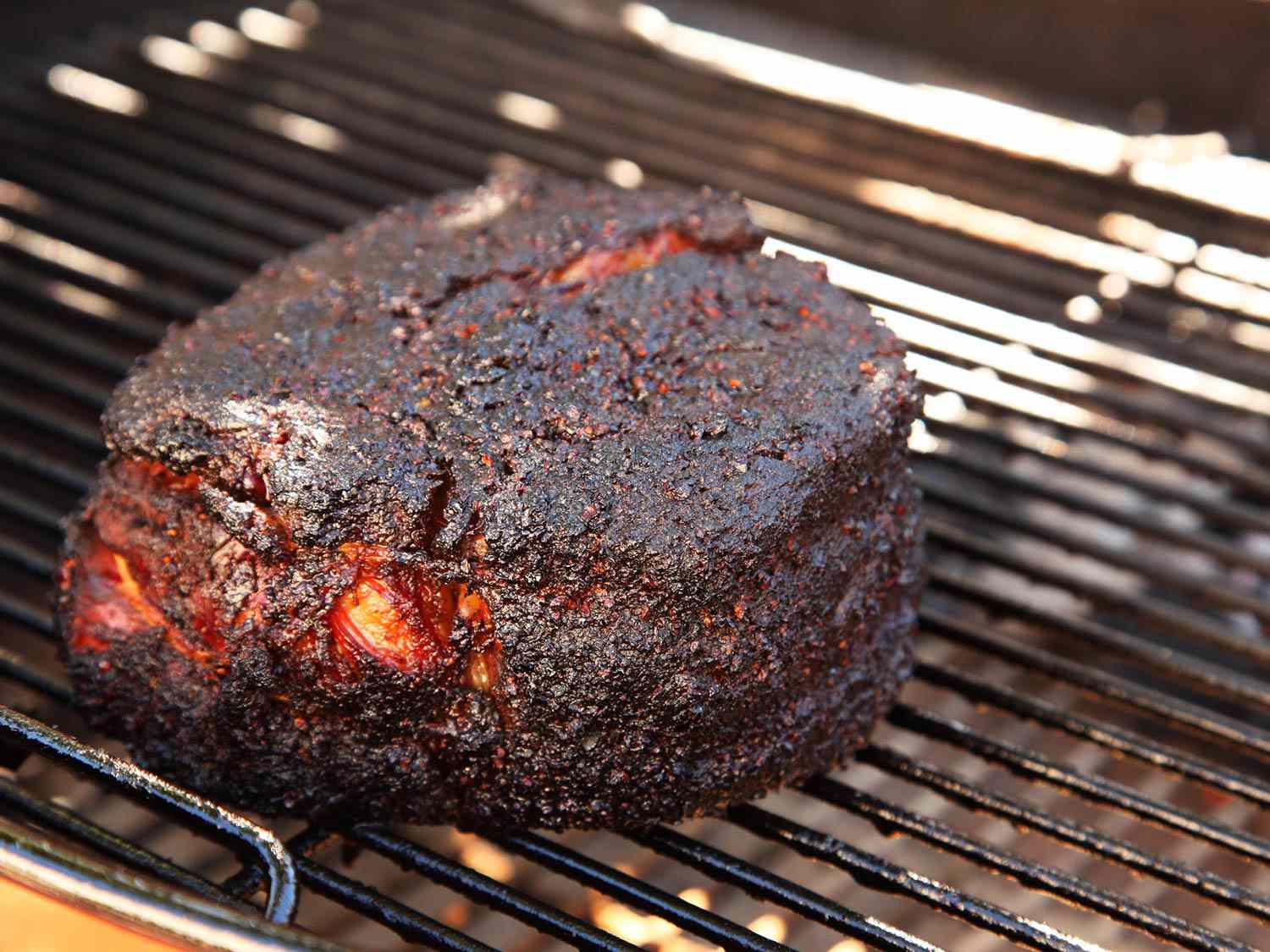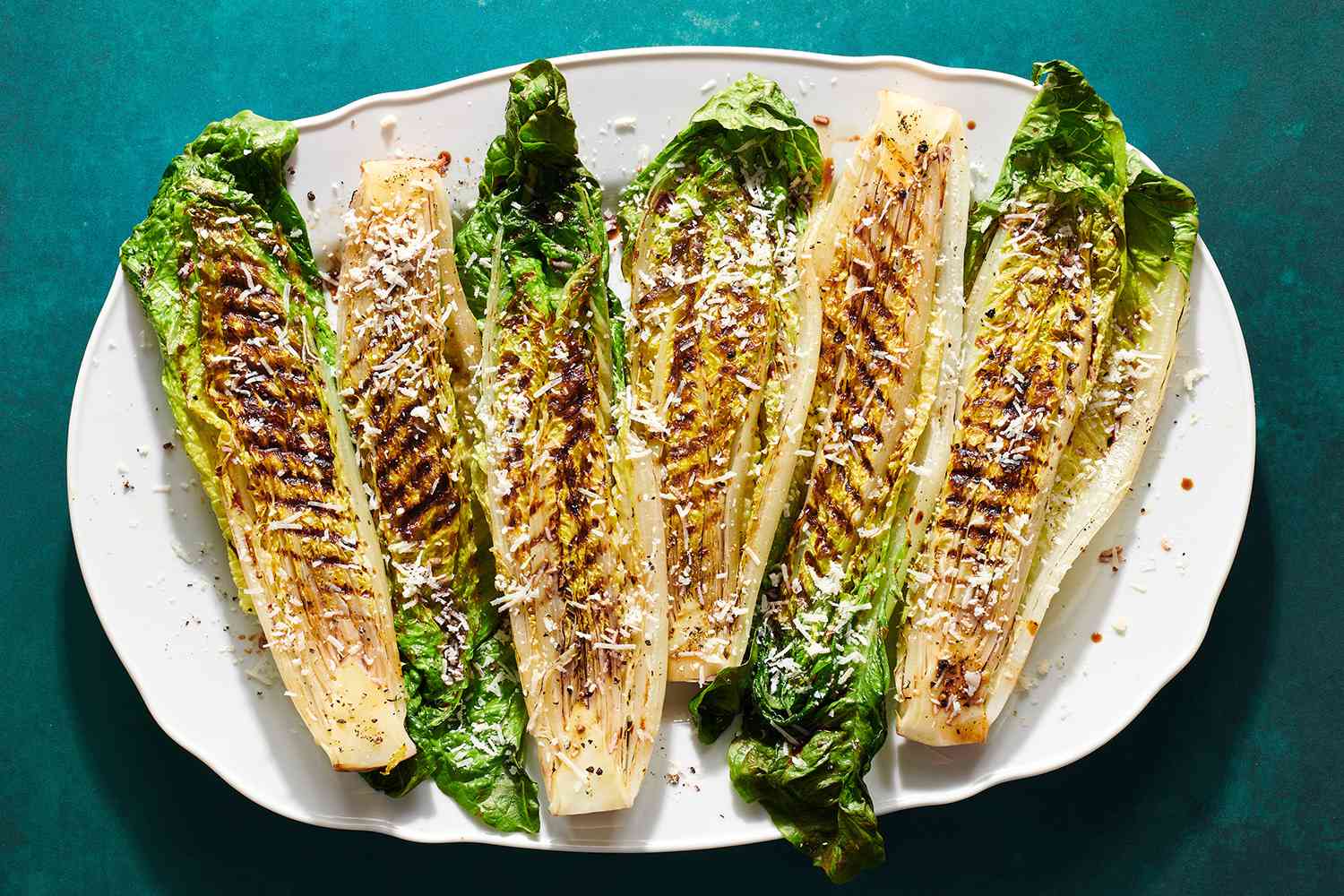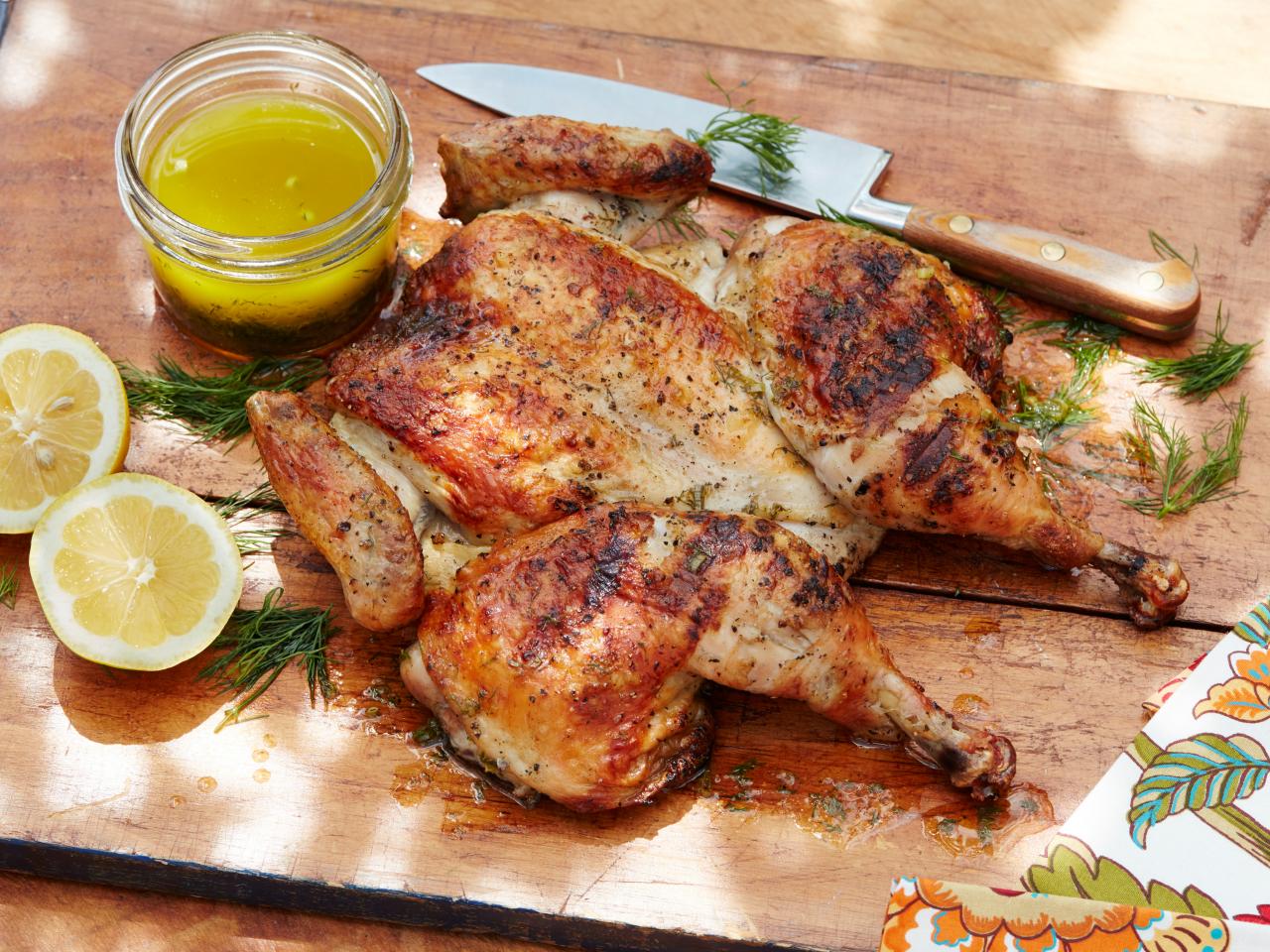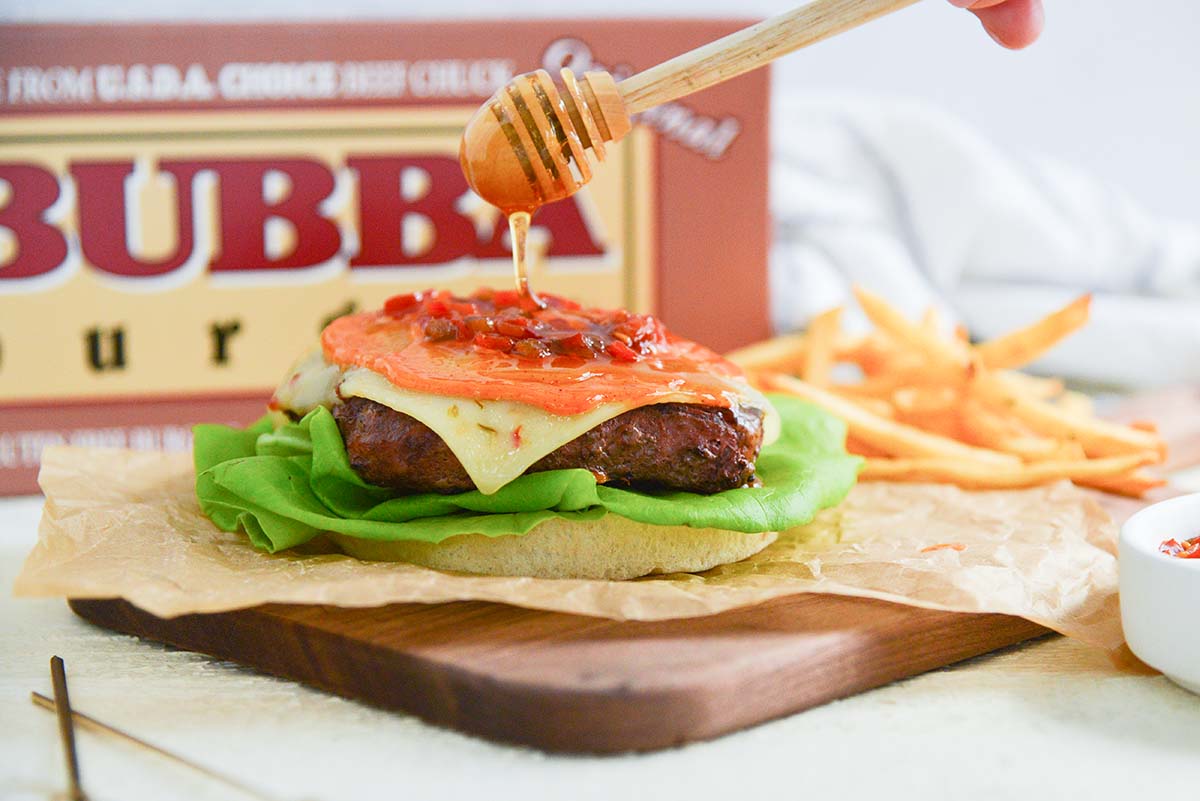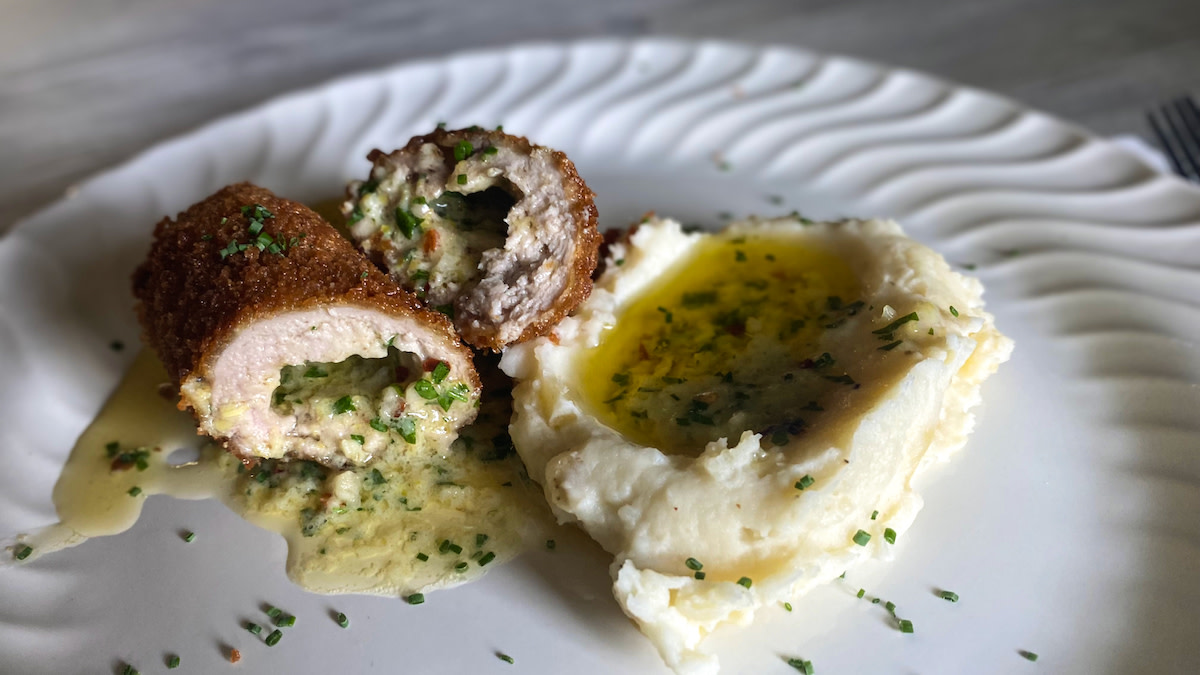Grilling chicken breast can be a tricky task. It's easy to end up with dry and flavorless meat if not done correctly. However, with the right techniques, you can achieve moist and delicious grilled chicken breast every time. In this article, we'll explore the steps to grilling moist chicken breast that will have your taste buds dancing.
Preparation is Key
Before you even think about firing up the grill, it’s important to properly prepare the chicken breast. Here are some essential steps to ensure your chicken stays moist and flavorful:
Brine the Chicken: Brining involves soaking the chicken in a mixture of water, salt, and sugar. This helps the chicken retain moisture during the grilling process, resulting in a juicier end product.
Trim Excess Fat: Removing any excess fat from the chicken breast can prevent flare-ups on the grill and promote even cooking.
Season Generously: Season the chicken breast with your favorite herbs and spices. This not only adds flavor but also creates a delicious crust when grilled.
Grilling Techniques
Now that the chicken breast is prepped and ready, it’s time to fire up the grill. Here are some grilling techniques to ensure moist and tender chicken:
Preheat the Grill: Make sure your grill is preheated to the appropriate temperature. For chicken breast, medium-high heat is ideal.
Oil the Grates: To prevent the chicken from sticking, lightly oil the grill grates before placing the chicken on the grill.
Use Indirect Heat: Start by searing the chicken breast over direct heat for a few minutes on each side to lock in the juices. Then, move the chicken to a cooler part of the grill to finish cooking with indirect heat. This helps prevent the chicken from drying out.
Monitor Internal Temperature: To ensure the chicken is cooked through but still moist, use a meat thermometer to check for an internal temperature of 165°F (74°C).
Rest and Serve
Once the chicken breast is grilled to perfection, it’s important to let it rest before serving. Allow the chicken to rest for a few minutes before slicing or serving. This allows the juices to redistribute, resulting in a moist and tender bite.
Serve with Fresh Accompaniments: Pair your moist grilled chicken breast with fresh, vibrant accompaniments like a crisp salad, grilled vegetables, or a flavorful sauce for a well-rounded meal.
By following these steps and techniques, you can achieve perfectly grilled, moist chicken breast every time. With a little preparation and attention to detail, you'll be able to impress your family and friends with juicy and flavorful grilled chicken.
Was this page helpful?
Read Next: How To Grill Mushrooms On BBQ
